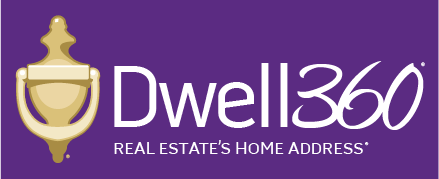Breaking Down a Mortgage
Let’s start with the basics. A mortgage refers to any loan that uses a highly valuable piece of property as collateral for a debt. The term mortgage is most commonly used to refer to a loan for a house or other form of real estate. A mortgage is typically granted for a designated term—often 15 to 30 years, and has either a set or fluctuating interest level.
Mortgages are obtained through major lending centers, like a bank. When you use a mortgage to purchase a home, you do not outright own your home. Instead, the bank essentially purchases the home on your behalf and from that point on you enter an agreement with the bank that you will live in that home as long as you pay a certain monthly premium.
Once the original balance and interest are paid off, you become the sole owner of your home. Mortgages are a huge asset for those hoping to buy a house, and searching for mortgages with low rates can help you maximize your investment.
A Brief History of the American Mortgage
The concept of a mortgage has been around for centuries, as there have always been people in search of a home and lenders who have been anxious to make a profit. In recent decades the proportion of mortgage debt in relation to income levels has undergone severe transitions. In 1949, mortgage debt added up to about 20 percent of total relative income. That means the average homeowner held mortgages that were equal to about one-fifth of their household income. Over the course of about 30 years this number nearly doubled, causing mortgage debt to constitute about 46 percent of relative income. By 2001 the percentage was up to 73 percent. This means that the average homeowner’s mortgage adds up to about three-fourths of their income level—if not more. In 2013, the vast majority of property sales rely on mortgages and lenders.
Finding a Mortgage
The level of mortgage that you may qualify for will depend on factors such as:
- Your credit history
- Income level
- Current investments
- Current debts
- Collateral and property
There are several different types of mortgages. Interest only mortgages have grown in popularity in recent years. This type of mortgage allows you to spend several years paying down interest before touching the principal balance. With a fixed rate mortgage, you’ll always know what your payment will be and won’t have to worry about rising interest costs as you may with a variable interest mortgage agreement.
A mortgage is a great resource for purchasing a home, but they are not something to be entered into without proper research first. Talk to your bank and real estate expert about your mortgage options. Being well informed can help you find a mortgage that is right for your needs.
Dwell360 is a residential real estate firm based in Boston and Newton Massachusetts. Dwell360 services the cities and suburbs of metro Boston. We are focused on our customers and our experience in the residential real estate market is extensive. Search for homes in Massachusetts and then give us a call.


